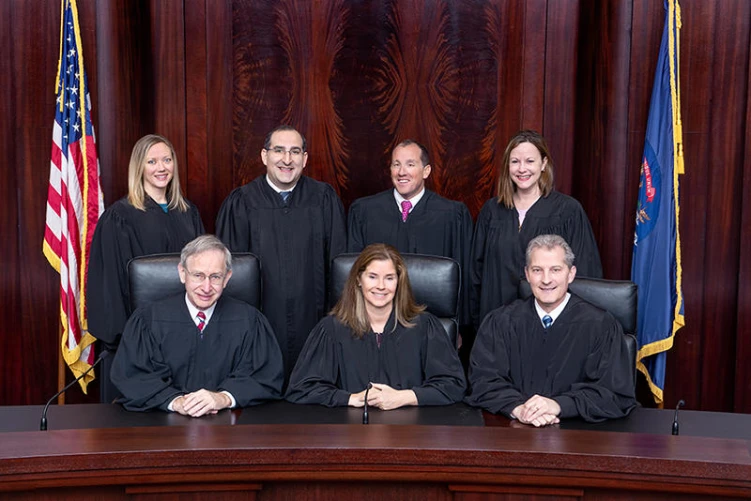- Know your rights when facing a DUI charge, including remaining silent and refusing sobriety tests.
- The arraignment is the first legal step where you’ll plead guilty or not guilty.
- A strong defense involves researching, interviewing witnesses, and investigating errors in arrest protocols.
- Post-trial , acquitted individuals can move on, while convicted individuals may face penalties like fines or jail.
Getting arrested for a DUI charge can be a daunting and stressful experience. The implications can be long-lasting and affect your personal and professional life. However, it’s essential to know that you have the right to fight your DUI charge with the help of a qualified DUI attorney. This blog will walk you through the legal process of fighting a DUI charge, including critical things you need to know.
Know your rights
When you get pulled over and arrested for a DUI, it’s essential to know your rights. This will ensure that the police follow proper procedures and respect your rights throughout the process. Some basic rights include the following four:
The right to remain silent
You have the right to not answer any questions without an attorney present. You can choose to invoke your right to remain silent and not speak until you have legal representation. You must provide your name and identification, but you do not have to talk about anything else until you have a lawyer.
The right to an attorney

You have the right to request an attorney during any stage of the DUI process. It’s crucial to exercise this right and seek out a qualified DUI attorney as soon as possible. A good DUI attorney will be able to provide you with legal advice and represent you in court. They will also work towards getting the best possible outcome for your case.
The right to refuse field sobriety tests
Field sobriety tests are not mandatory, and you have the right to refuse them. These tests can be subjective and may not accurately determine your level of intoxication. You can politely decline to take any field sobriety tests without facing consequences such as a suspended driver’s license.
The right to a fair trial
You have the right to a fair trial, which includes having an impartial judge and jury, as well as the opportunity to present evidence in your defense. It’s important to exercise this right and ensure that your trial is conducted in a fair and just manner.
Understanding your rights is crucial when fighting a DUI charge. It allows you to protect yourself and ensure that your legal rights are not violated. However, it’s also important to note that these rights may vary depending on the state or country in which you reside. So, do your research and make sure you know your specific rights when facing a DUI charge.
The arraignment
After your arrest, you will be brought before a judge for your arraignment. This is the first step in the legal process, and it’s where you will be formally charged with a DUI. You will be asked to enter a plea of guilty or not guilty. It is recommended to plead not guilty, as it gives your attorney more time to build a strong defense.
Building a defense

Your attorney will work on building a solid defense for your case. This may include researching the specifics of your case, interviewing witnesses, filing motions to suppress evidence, and investigating potential errors or breaches in protocols during your arrest. You can also assist your attorney by providing any relevant information or evidence that may help your case.
The trial
If your case goes to trial, both sides (prosecution and defense) will present their case to a judge or jury. The prosecution must prove beyond a reasonable doubt that you committed the crime of DUI. Your attorney will use the defense they built to create reasonable doubt. If the prosecution cannot prove their case beyond a reasonable doubt, you will be acquitted.
Aftermath
If you are acquitted, your case is over, and you can move on. If you are convicted, however, you may face fines, license suspension, community service, or even jail time. Your attorney can help you understand the implications of a conviction and work to reduce the penalties.
Navigating the legal landscape following a DUI arrest can be complex and intimidating. However, understanding your rights and the process can make a significant difference in the outcome of your case. It’s vital to enlist the assistance of a qualified DUI attorney to guide you through this process.
Remember, a charge does not equate to a conviction, and you should exhaust all legal avenues to fight a DUI charge. A DUI charge is a serious matter with potentially life-changing implications, but remember, everyone makes mistakes, and every situation grants us the opportunity to learn and grow. Stay informed, know your rights, and always prioritize safety on the road.



